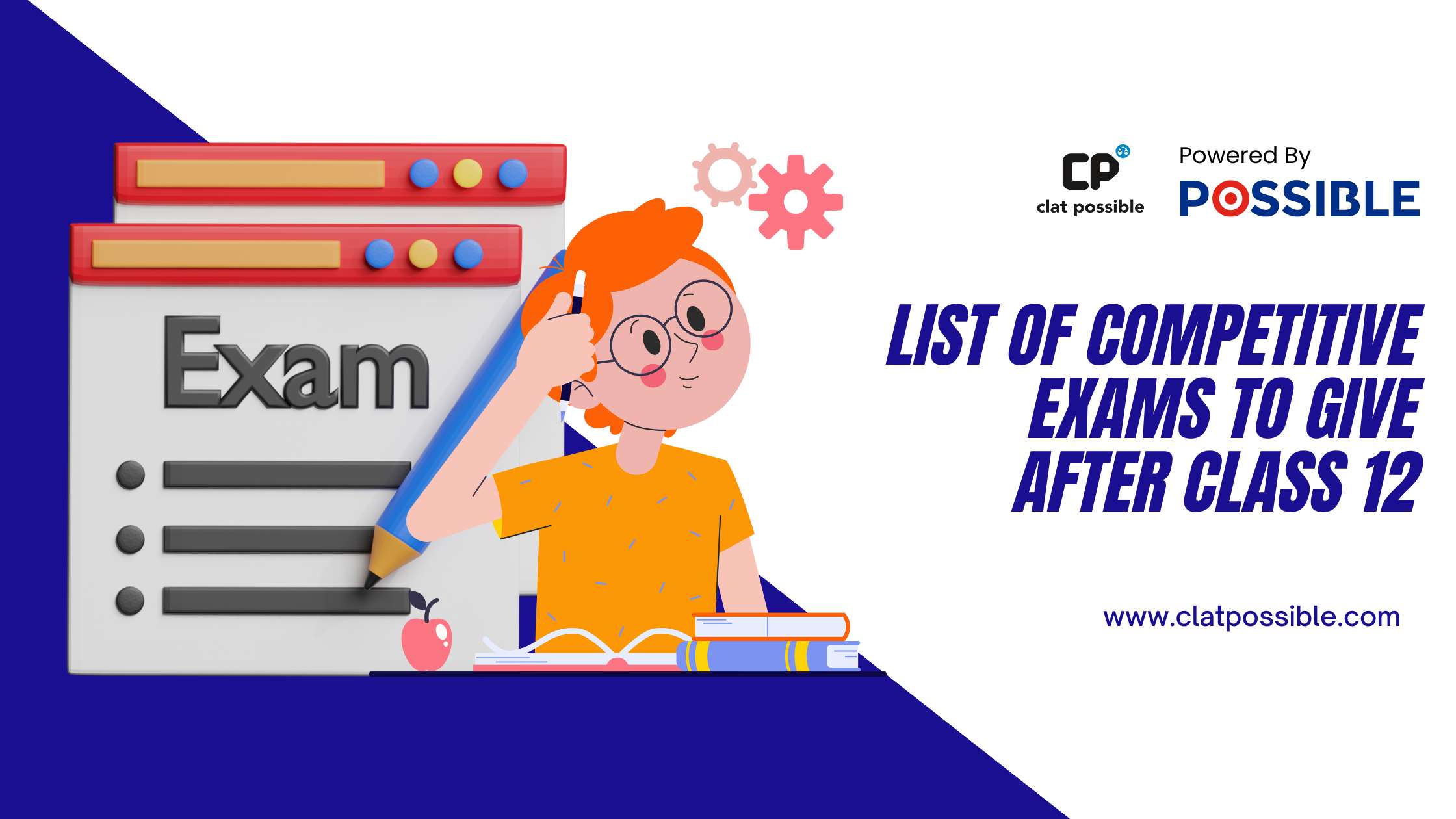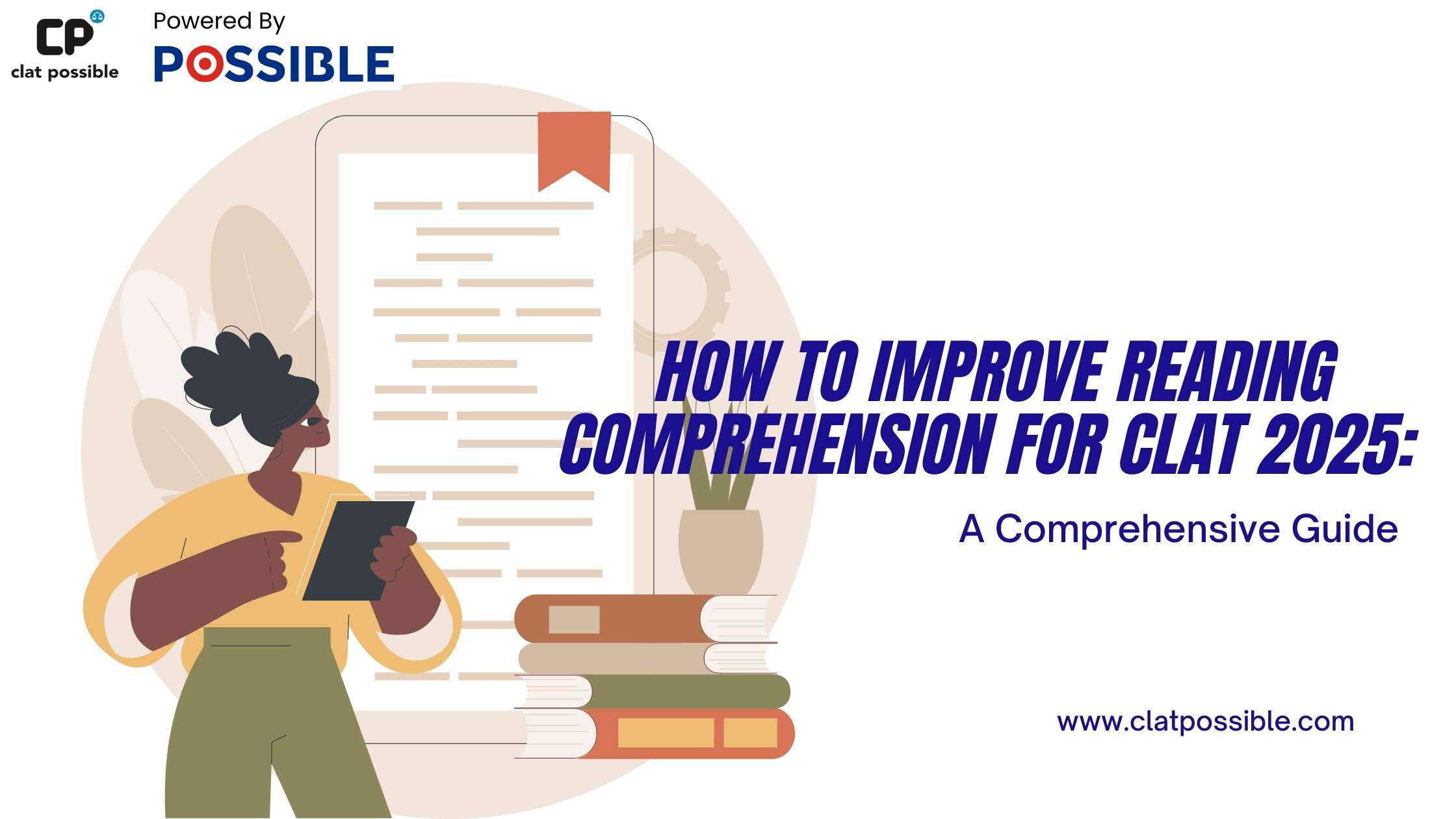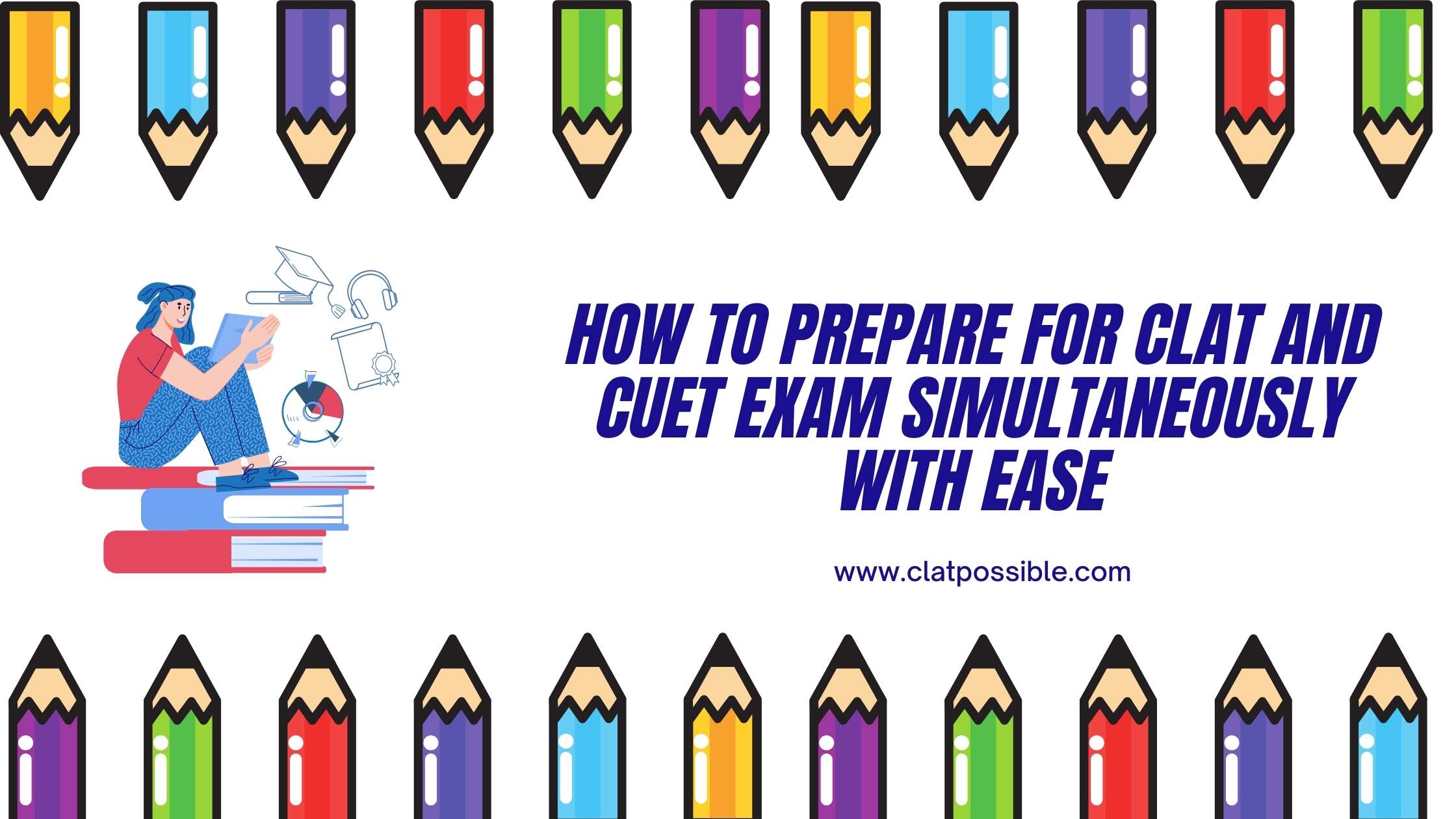
Introduction to Reading Newspapers for CLAT
The Common Law Admission Test (CLAT) is a pivotal entrance exam for aspiring law students in India, opening doors to prestigious national law universities. With the competitive nature of the exam, especially the General Knowledge and Current Affairs section, reading newspapers becomes a non-negotiable part of your preparation. This guide will illuminate the path to selecting and utilizing newspapers effectively, ensuring you’re well-prepared for CLAT 2025.
Understanding the CLAT 2025 Syllabus
Before diving into newspapers, it’s crucial to have a clear understanding of the CLAT syllabus. The exam assesses candidates on subjects like English, Current Affairs, including General Knowledge, Legal Reasoning, Logical Reasoning, and Quantitative Techniques. Newspapers, especially their current affairs and editorial sections, are gold mines for preparing for these subjects.
The Importance of Newspapers in CLAT Preparation
Newspapers are indispensable for CLAT aspirants. They are not just sources of current events but also enrich your vocabulary, improve your reading speed, and develop critical thinking and analytical skills. Regularly reading newspapers helps in staying updated with national and international affairs, significant for the General Knowledge and Current Affairs section of CLAT.
Selecting the Right Newspapers
National vs. International Publications
Choosing the right newspapers is paramount. National newspapers like “The Hindu” and “Indian Express” are highly recommended for their comprehensive coverage of national issues, editorial quality, and focus on legal matters. International newspapers, although not essential, can provide a broader perspective on global affairs.
Recommended Newspapers for CLAT Aspirants
The Hindu: Renowned for its detailed reports and editorial analysis.
Indian Express: Offers excellent coverage of national news and legal issues.
The Economic Times: A must for understanding economic and business-related current affairs.
Effective Reading Strategies
Skimming for Relevance
Time is of the essence. Learn to skim through articles to identify relevant information quickly. Focus on headlines, subheadings, and the first and last paragraphs of an article for a quick understanding.
Note-Taking Techniques
While reading, jot down important points, dates, and names. Develop a system of shorthand or symbols to make note-taking quicker and review these notes regularly.
Analyzing Editorial Opinions
Editorials provide insight into complex issues. Practice analyzing them critically, identifying arguments, counterarguments, and the author’s perspective. This will aid in the Legal Reasoning section of CLAT.
Focusing on CLAT Relevant Sections
Current Affairs and General Knowledge
Dedicate a significant portion of your newspaper reading to current affairs and general knowledge. Pay special attention to legal news, significant Supreme Court judgments, and any changes in laws or policies.
Legal News and Updates
Legal news is crucial for CLAT. Focus on articles discussing landmark judgments, legal debates, and amendments to the constitution or laws.
Economic and Business Insights
Understanding economic policies, market trends, and financial news is essential. This knowledge not only aids in current affairs preparation but also enriches your understanding of economic principles relevant to legal studies.
Integrating Newspaper Reading with CLAT Syllabus
Creating a Study Plan
Incorporate newspaper reading into your daily study plan. Dedicate at least an hour to read through selected newspapers, focusing on areas most relevant to the CLAT syllabus.
Utilizing Newspapers for Mock Tests
Use current affairs and news items to practice mock test questions. This will help in applying what you’ve learned and improve your ability to recall information under exam conditions.
Digital vs. Print Newspapers
Pros and Cons
While print newspapers offer the tactile experience of reading, digital newspapers are more accessible and often provide interactive and multimedia content. Choose based on your convenience and learning preference.
How to Access Digital Newspapers
Most major newspapers offer digital subscriptions, often at discounted rates for students. Utilize these to access a wider range of publications without the physical clutter.
Additional Resources and Tools
Useful Apps and Websites
Apps like Inshorts and websites such as GKToday can complement your newspaper reading by providing summaries and quizzes on current affairs and general knowledge.
Summarizing Tools and Software
Utilize tools like Evernote or OneNote for note-taking and organizing information. Summarizing tools, though used with discretion, can help in condensing long articles for quick review.
Common Mistakes to Avoid
Overloading Information
Avoid trying to read every article in detail. Focus on relevance to the CLAT syllabus and use skimming and note-taking strategies to manage information overload.
Neglecting Areas of the Syllabus
Do not neglect non-current affairs sections of the CLAT syllabus. Use newspapers to enhance your vocabulary and reading speed, crucial for sections like English and Logical Reasoning.
How much time should I spend on newspaper reading daily for CLAT preparation?
For effective CLAT preparation, dedicating 1-2 hours daily to newspaper reading can be immensely beneficial. This time should be split between understanding current events, analyzing editorials, and correlating information with the CLAT syllabus. It’s not just about the duration but the quality of reading and note-taking that matters.
Can reading newspapers substitute for static general knowledge preparation?
While newspapers are invaluable for current affairs and enhancing comprehension skills, they cannot entirely replace the preparation for static general knowledge. Static GK, which includes history, geography, and basic polity, requires dedicated study from specific books and resources. Newspapers should be seen as a complement to these studies, especially for updating static knowledge with current events.
What should I focus on while reading newspapers for CLAT?
Focus primarily on national and international news, legal issues, judgments, and commentaries, economic policies, and reports relevant to India. Pay special attention to editorials as they improve critical thinking and offer deep insights into various issues. Additionally, keep an eye on new bills, laws, and policy changes as these are directly relevant to the legal reasoning section.
How can I improve my note-taking from newspapers?
Develop a systematic approach to note-taking. Use digital tools like Evernote for organizing notes efficiently or maintain a dedicated notebook. Create separate sections for different topics like International Relations, Economy, Environment, and Legal Updates. Use symbols, abbreviations, and highlight important dates, names, and events for quick revision.
Is it necessary to read both national and international newspapers?
While national newspapers should be your primary focus, given their coverage of Indian legal and socio-political issues, international newspapers can provide a broader perspective on global affairs, helping in comparative analysis and understanding international law and relations better. If time permits, scanning through major international news can add value to your preparation.
How can I use newspapers to prepare for the legal reasoning section?
Focus on the legal news sections, articles on landmark judgments, legal debates, and commentary on current legal issues. These segments will not only provide you with up-to-date information on legal matters but also help in understanding the application of laws in various scenarios, enhancing your legal reasoning skills. Try to frame questions or arguments based on articles read, simulating the CLAT pattern.
Conclusion: Maximizing the Impact of Newspapers on Your CLAT Preparation
Reading newspapers is an art that, when mastered, can significantly boost your CLAT preparation. By selecting the right publications, employing effective reading strategies, and integrating this habit with your study plan, you can ensure that you are well-prepared for the current affairs section and beyond. Remember, consistency is key. Happy reading, and best of luck with your CLAT 2025 preparation!
For more informative blogs on CLAT 2025 preparation, Click Here!










